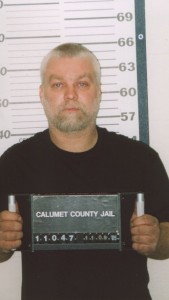Eckstein Hall Conference Focuses on Provocative National Security and Liberty Issues
Was Apple protecting people’s privacy or its corporate interests when it wouldn’t help the FBI get information from a terrorist’s iPhone? When Edward Snowden released a trove of secret information about national security operations, was he a whistle-blower or a criminal? Did the Patriot Act of 2001 open the door too wide to mass surveillance of Americans?
More broadly, where should the line be drawn between trying to protect the nation from terrorism and protecting the rights and liberties of Americans?
These are all complicated, interesting, and timely questions—and all were discussed during a provocative half-day program at Marquette Law School on June 2 that brought together leading national figures to shed light on these issues before a full-house audience in the Appellate Courtroom.

